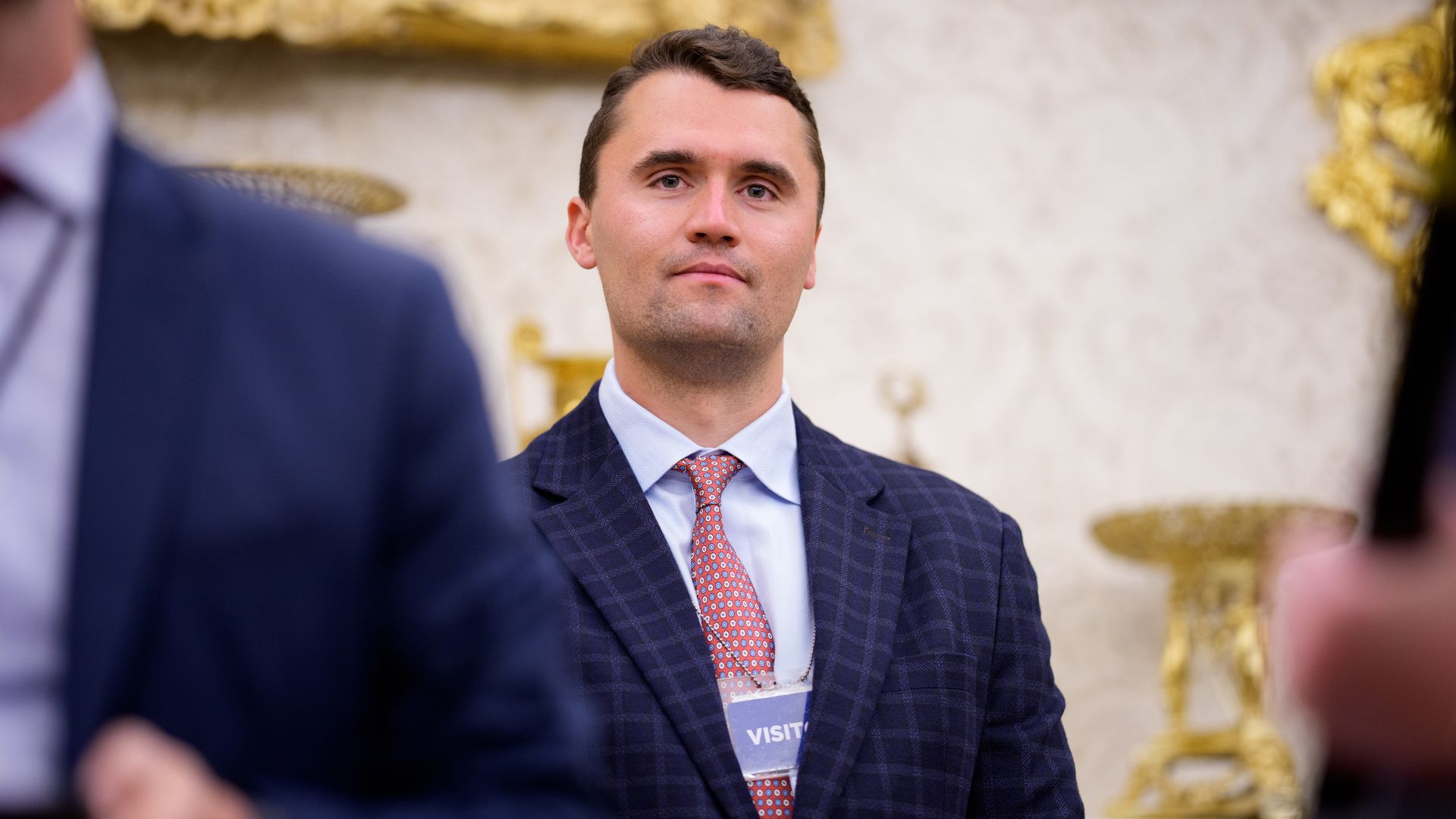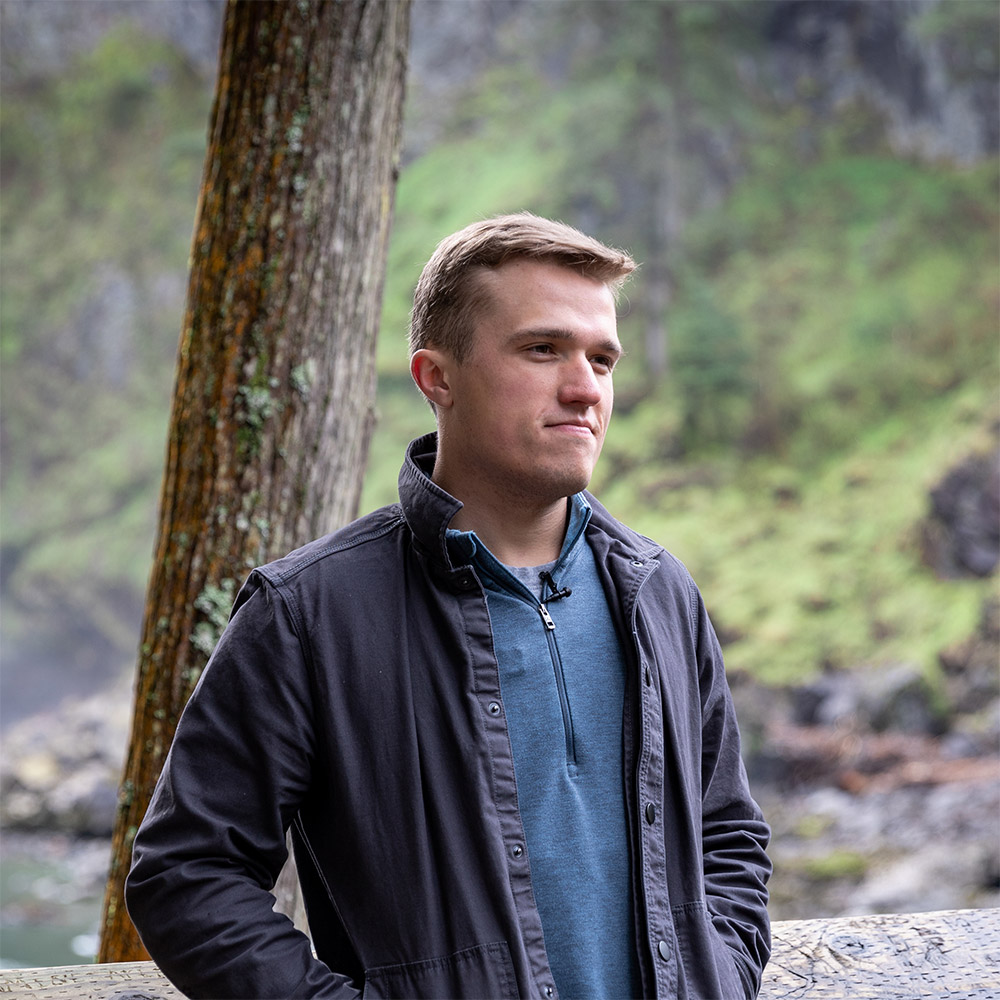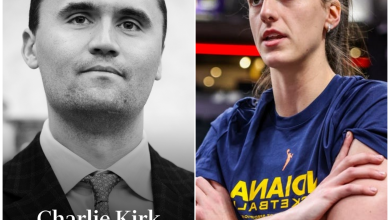‘He Was the Only Person Who Stood Up for Me’: A Friend’s Gut-Wrenching Tribute to the Charlie Kirk He Knew
In the turbulent wake of Charlie Kirk’s assassination, the public square has been a cacophony of political analysis, outrage, and blame. He has been eulogized as a conservative martyr and condemned as a divisive figure.
But away from the noise, a far more intimate and human story has emerged, one that strips away the political caricature and reveals the man behind the headlines. It comes from Benji Backer, a former friend and one of Kirk’s earliest collaborators, who, in a raw and deeply emotional tribute, has shared a portrait of a loyal mentor whose death is a haunting echo of the very threats he once helped Backer overcome.

Backer, now the CEO of Nature Is Nonpartisan, first connected with Kirk when they were both just teenagers, two young conservatives in the Midwest pushing back against what they felt was a stifling liberal bias in their schools. “I was drawn to him because we were two high school activists,” Backer recalled, painting a picture of two ambitious kids driving back and forth between Wisconsin and Chicago, dreaming up the plans that would eventually become Turning Point USA. But their bond was forged not in political strategy, but in a moment of crisis.
“A really pivotal moment of my life was in high school,” Backer shared, his voice heavy with the memory. “I was getting death threats from my own high school colleagues because of my political activism, getting phone calls and tweets and all sorts of different things.” In that moment of fear and isolation, it was Charlie Kirk who became his anchor. “He was really supportive,” Backer said. “He was really the only person that stood up for me at the time, and just reminded me always to stay resilient, to stay strong, and that these threats were baseless.”
It is this memory that now makes Kirk’s assassination an almost unbearable tragedy for Backer. The grim irony is not lost on him. “It’s painful to see… having someone like him push me through that time… seeing him get killed this way, the same way that it was threatened of me, just is really painful.”

Backer is candid about the fact that his relationship with Kirk had grown complicated over the years. They drifted apart, and their political views began to diverge, particularly on issues like climate change. He acknowledges having « very strong disagreements » with Kirk, a nuance that makes his tribute all the more powerful.
This isn’t a sanitized eulogy; it is a complex and honest remembrance of a friendship that weathered ideological divides. “He was a good person deep down,” Backer insists, separating the man he knew from the public figure who often sparked outrage. “I didn’t agree with him on a lot of things… but I always had so much respect for the strength that he had, the courage that he had to stand up for what he believed in, even if I didn’t always agree.”
This courage, Backer argues, was one of Kirk’s defining characteristics. He was fully aware of the dangers that came with his high-profile role. The death threats Backer received in high school were just a fraction of the vitriol Kirk faced on a daily basis. “He had a target on his back. He got threats all the time,” Backer explained. “

He knew that there was always a risk in doing what he was doing. But throughout history, the boldest people have died standing up for what they believed in.” Kirk’s willingness to continue speaking on college campuses, engaging directly with those who disagreed with him, was a testament to his conviction. He put himself in harm’s way because he believed the conversation, however difficult, was necessary.
Backer’s grief is intertwined with a profound sense of alarm for the state of the country. He sees Kirk’s murder not as an isolated act, but as the tragic, inevitable result of a political culture that has replaced debate with demonization. “As a society, we’re manifesting this evil,” he warned. “We’re telling each other that this person’s a Nazi, this person’s an extremist… Therefore, they are evil and they must go. And the more that we do that, the more people are going to get killed.”
He argues that the « social media-fying of politics » has created a dangerous environment where nuance is impossible and disagreement is seen as a moral failing worthy of annihilation. “The more that we pit other people as the villain, to the point where we think that we need to end their life, that is when we are losing control of society.”
In his poignant tribute, Benji Backer has given the public a rare gift: a glimpse into the humanity of a man often seen only as a political symbol. His story is a powerful reminder that behind every headline and every controversial statement is a human being—in this case, a friend who once stood up for a scared teenager, a husband, and a father of two, who believed in his country so fiercely that he was willing to risk his life for it. His loss is not just a political data point; it is a deeply personal tragedy, and a terrifying wake-up call for a nation teetering on the brink.

